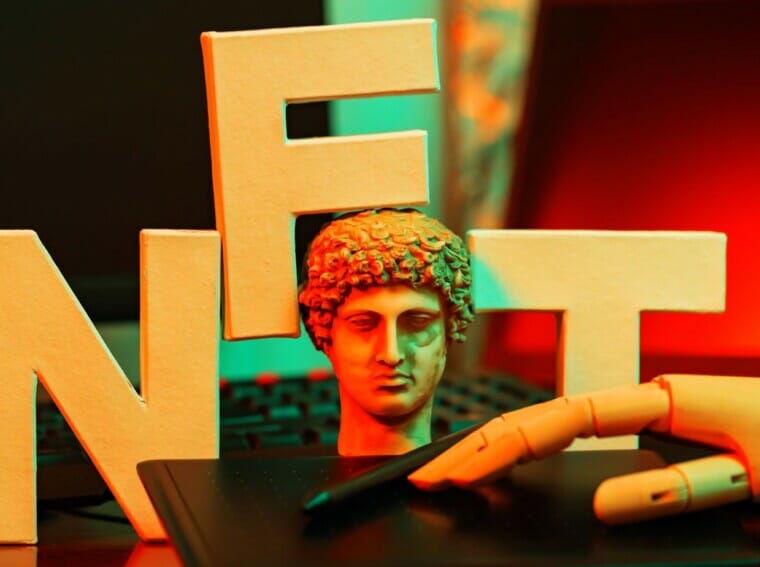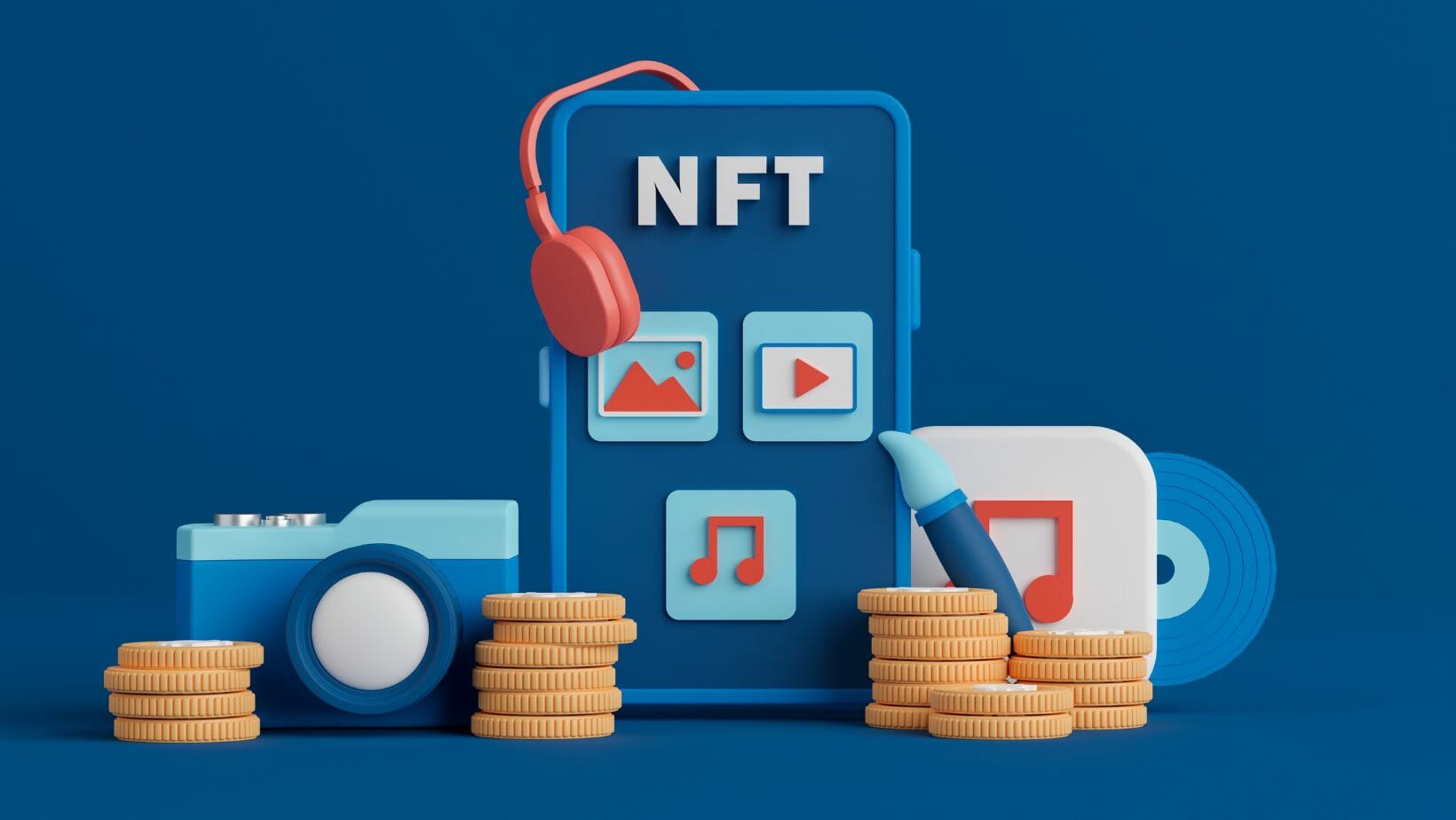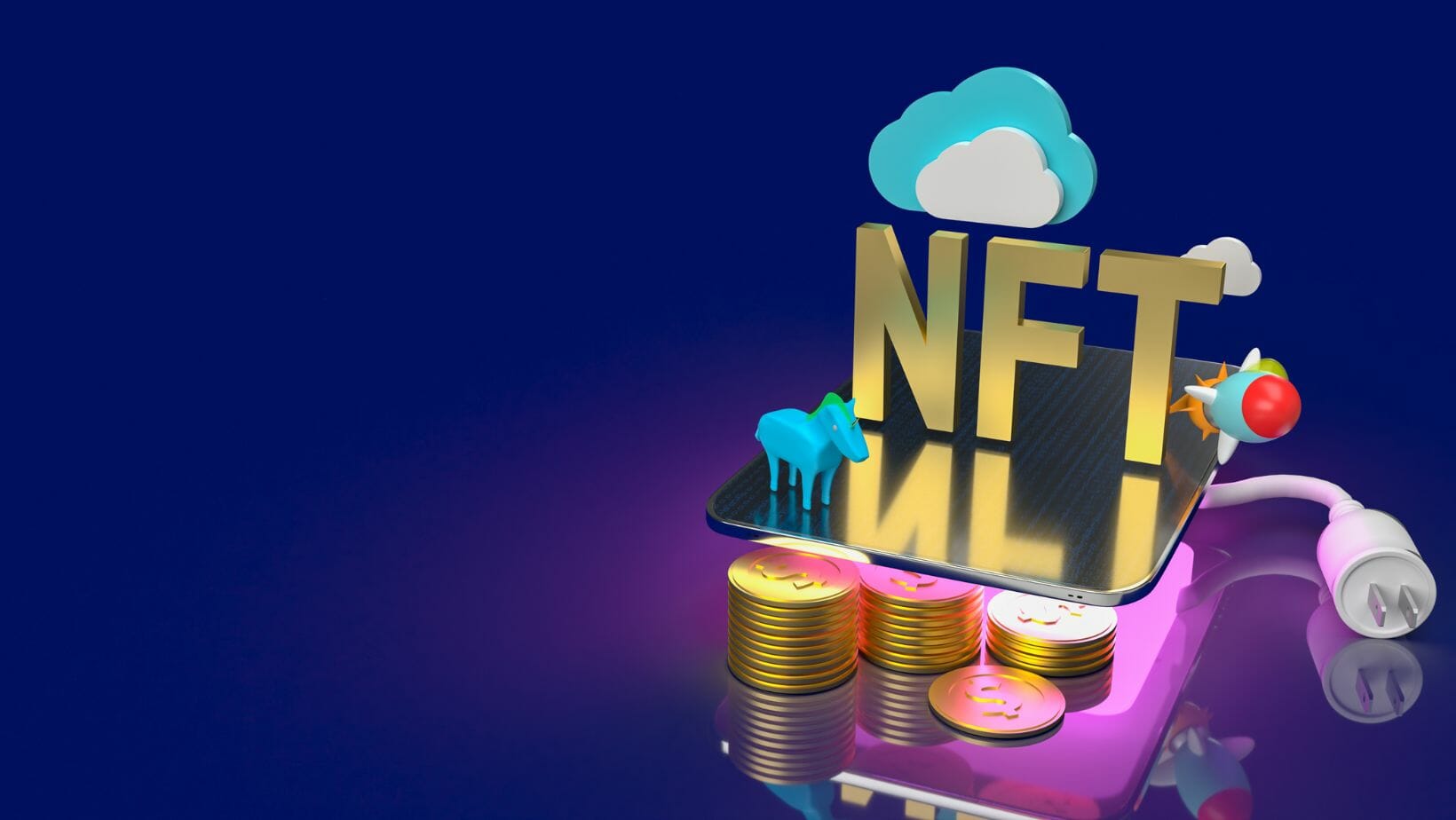The gaming industry is now at the forefront of digital transformation and innovation. Electronic Arts (EA), one of the world’s largest and most successful gaming publishers, has recently said that non-fungible tokens (NFTs) and PlaytoEarn games are the future of gaming. According to EA CEO Andrew Wilson, this new model of play could lead to “a monumental shift in how we create, sell, promote, reward, and distribute play experiences”.
NFTs are a type of cryptography-based virtual asset. They give users exclusive tokens they can use or trade while playing videogames. The scarcity of these tokens makes them valuable as they represent an ownership over certain digital assets or content within a game. PlaytoEarn games are software applications where players are rewarded in cryptocurrency for playing specific tasks related to a product/videogame or brand.
In other words, NFTs create virtual ownership on digital objects like skins for avatars in videogames whereas PlaytoEarn incentivizes players with crypto rewards such as coins or tokens when they win or play specific games or activities created by brands or developers. With these tools at their disposal, gamers will no longer make traditional payment methods like using credit cards but can now make online purchases using cryptocurrencies like Bitcoin and Ethereum within a secure environment backed by blockchain technology. Check out these Bitcoin courses to find out more.
EA believes that both NFTs and PlaytoEarn games will revolutionize the industry by creating more vibrant markets for virtual economy within existing video games along with wholly new avenues for monetization through incentives & rewards in the form of crypto tokens thus bringing about a much fairer sharing economy for game developers & players alike..
NFTs and PlaytoEarn Games
Electronic Arts Inc. CEO Andrew Wilson recently stated that NFTs and PlaytoEarn games are the future of the industry. This statement further emphasizes the growing popularity of NFTs and PlaytoEarn games. In this article, we will look at what NFTs and PlaytoEarn games are, why they are becoming popular and how they can benefit the gaming industry.
What are NFTs?
Non-fungible tokens (NFTs) are digital assets built on blockchain technology. Unlike traditional cryptocurrencies, NFTs have a unique identifier that makes them one-of-a-kind, allowing them to represent ownership over digital items. These items include cryptocurrency collectibles, physical property, in-game assets and more.
NFTs are generated with Ethereum’s ERC721 standard, a flexible and customizable tool for issuing non-fungible tokens. This two-way street between the network and the asset’s owner allows developers to customize an array of properties for the product, from how often they can be bought or sold to who can edit or view it.
By combining NFTs with PlaytoEarn games like Axie Infinity or CryptoKitties, gamers can earn rewards and progress through levels more quickly as well as acquire limited in-game items like unique collectibles and special weapons. Although this type of game offers more rewards than traditional ones, it also comes with its own challenges: earning NFT in-game items requires both skill and dedication.
What are PlaytoEarn Games?
PlaytoEarn Games are a type of game that use the concept of Non-Fungible Tokens (NFTs) as an incentive for players to keep playing and to reward them for their efforts. These games typically offer players the opportunity to earn NFTs that can be traded on secondary markets or used in other games as rewards or as currency. The concept has been gaining traction in recent years, with more developers now looking to integrate NFTs into their gaming experience.
PlaytoEarn Games represent a new, more inclusive gaming model — one that incentivizes players with digital rewards and offers them unprecedented ownership over their gaming experience. With no need for traditional currencies, players can opt-in to win, trade and craft their in-game tokens and collectibles in an ever-evolving market.
Traditional video game currencies such as coins, gems or points merely act as abstracted stand-ins for real money — play tokens lack real value until they’re cashed in at the store. PlaytoEarn Games are different; each item is unique, it’s tokenized so it carries actual worth and tracked on a distributed ledger — meaning it could never be duplicated or tampered with by malicious actors. This level of transparency gives players tangible ownership of items within virtual worlds without worrying about fraud or counterfeiting issues.
By integrating blockchain technology into video games, PlaytoEarn Games provide an immersive new way to experience virtual worlds; creating an iconic dance between creativity and technology that continues evolves within these digital ecosystems
EA CEO’s Vision
EA CEO Andrew Wilson recently said that Non-Fungible Token (NFT) and play-to-earn (P2E) game formats are the future of the gaming industry. He believes that these new formats will revolutionize the way people interact with, consume, and pay for games. His comments come at a time when the gaming industry is growing rapidly and new technologies are emerging that could shape the future of gaming. Let’s take a look at his vision for the future.
Why NFTs and PlaytoEarn Games are the Future of the Industry
In a recent interview, Electronic Arts CEO Andrew Wilson discussed the potential for NFTs and PlaytoEarn games at the company. His big picture view is that these are the future of the industry, and EA wants to commit in a big way.
NFTs have been growing in popularity over recent years. These non-fungible tokens serve as an entry point into digital assets, and they allow people to customize their gaming experiences. They are essentially unique assets which can be traded, sold or exchanged in various games and platforms.
PlaytoEarn games offer another mechanism for monetization within certain genres by introducing rewards with each play session. Players can earn money or other rewards depending on how they perform in-game. This type of monetization model offers more freedom to players giving them the chance to win something tangible rather than just achievements or points that have no true value outside of a narrower ecosystem.
Ultimately, Wilson contends that this evolution of play is “transformative” for game developers and players alike — offering creative ways to monetize game services and tantalizing new paths for gamers to explore as creators themselves rather than simply exclusive consumers. He believes these models will be essential for driving further engagement with titles across all genres which would open up new avenues for monetization not only within EA but throughout the entire industry as well.
How EA is Positioning Itself in the Industry
Electronic Arts, one of the world’s leading publishers of videogames and entertainment software, is positioning itself as a leader in the gaming industry through its CEO Andrew Wilson’s vision. Wilson has clear insights into how the industry can drive growth and create value for consumers.
Wilson sees Non-Fungible Tokens (NFTs) as the future of virtual gaming experiences that can be monetized by players. These NFTs are digital assets such as artwork, skins and items used within games. They are represented by tokens on blockchains and in a virtual world they hold true economic value when traded or sold. Players can purchase rare items from other gamers or from publishers to add to their collections. This allows players to build up their own rare collections with titles associated with each item to progress further in the game world or turn a profit if it is traded for real currency.
EA is also exploring ways to promote PlaytoEarn style gaming models over traditional pay-for-play games. Here, instead of paying a publisher an upfront cost in advance for access to a game title, players engage with different promotional activities online to earn game assets and digital content in return without being charged money directly. This requires gameplayers use their skills instead of lining up zeroes at the cash register – similar to what you might see in an arcade hall but on a larger scale.


